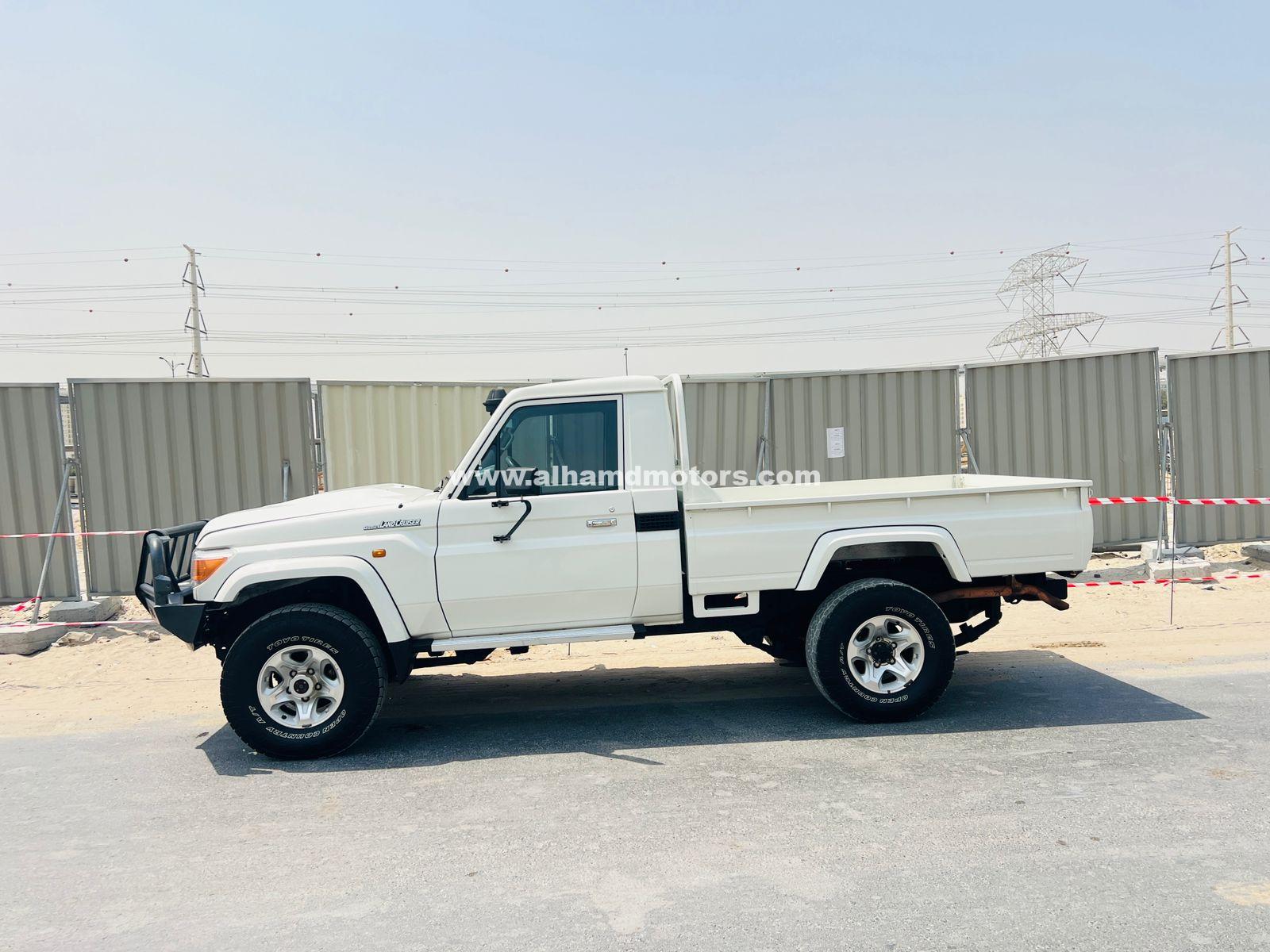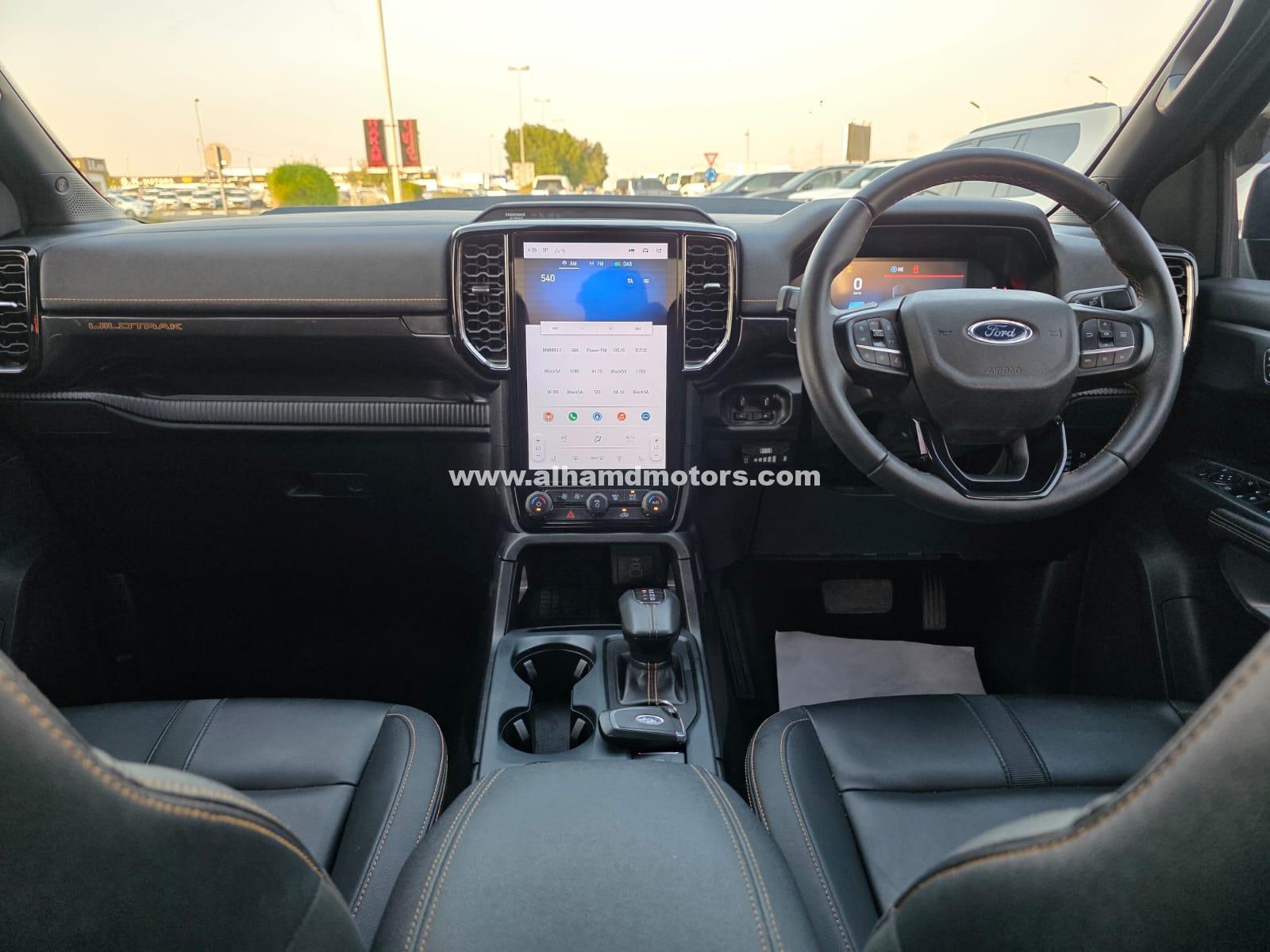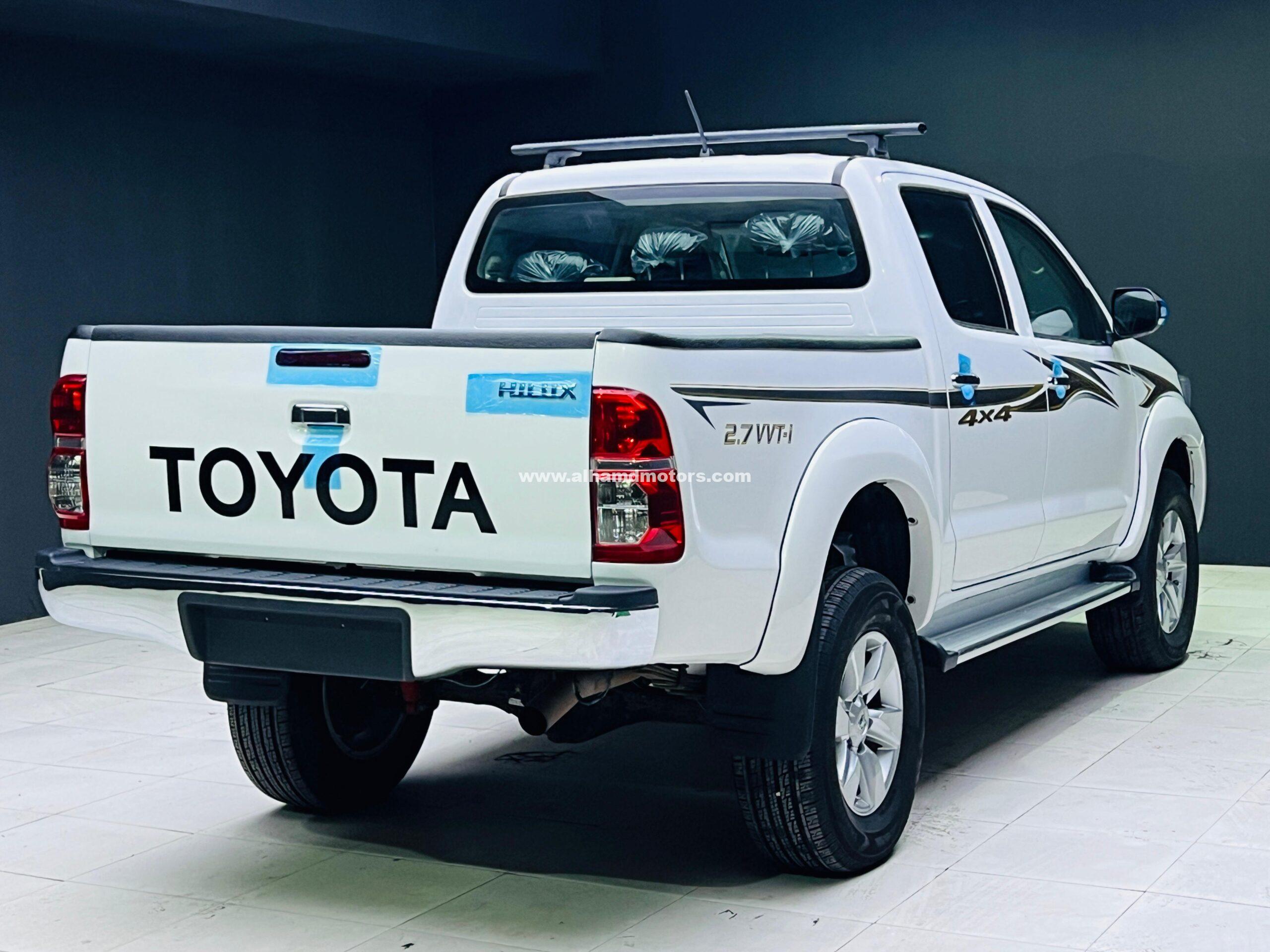
Importing cars from Dubai has become one of the most reliable, affordable, and efficient ways for African buyers to access high-quality vehicles. With Dubai’s thriving automobile market, world-class infrastructure, and competitive pricing, thousands of vehicles are shipped every month from the UAE to countries across Africa, including Kenya, Tanzania, Uganda, Congo, Nigeria, Ghana, Zimbabwe, and South Africa.
However, many first-time buyers underestimate the actual cost of importing a car. It’s not just about the vehicle’s purchase price—there are shipping fees, customs duties, port charges, and registration expenses that need to be considered. Understanding these costs upfront helps buyers make informed decisions, avoid surprises, and plan their budgets accurately.
In this detailed guide, we’ll break down every major cost involved in importing a car from Dubai to Africa.
1. Vehicle Purchase Price in Dubai
The first and most obvious cost is the price of the vehicle itself. Dubai’s car market is attractive because it offers:
- Competitive pricing – Vehicles are often cheaper compared to local African dealers.
- Wide variety – From brand-new cars to certified pre-owned and auction vehicles.
- Right-Hand Drive (RHD) and Left-Hand Drive (LHD) options to match specific African countries’ requirements.
- High quality – Dubai cars are well-maintained due to excellent road infrastructure and lower wear and tear.
Prices vary depending on:
- Make and model (e.g., Toyota Hilux vs. Land Cruiser).
- Vehicle age and mileage.
- Trim level, features, and condition.
For example:
- A used Toyota Hilux 2019 might cost around $18,000–$22,000 in Dubai.
- A Toyota Prado 2020 could be priced between $28,000–$35,000.
- Luxury SUVs such as the Lexus LX570 or Nissan Patrol may range from $50,000 upwards.
2. Shipping Costs from Dubai to Africa
The next major cost is shipping. Cars are transported from Dubai’s Jebel Ali Port to major African ports such as Mombasa (Kenya), Dar es Salaam (Tanzania), Lagos (Nigeria), Tema (Ghana), Durban (South Africa), and others.
Shipping options include:
- RoRo (Roll-on Roll-off): The most affordable method. Cars are driven onto the ship and parked securely. Cost typically ranges between $800 – $1,500 per vehicle depending on destination.
- Container Shipping: Cars are loaded into shipping containers for added security. Suitable for high-value vehicles or multiple cars. Costs between $1,500 – $3,000.
Factors affecting shipping cost:
- Distance to destination port.
- Size and weight of the vehicle.
- Seasonal fluctuations in freight charges.
3. Marine Insurance
Marine insurance is optional but highly recommended. It protects the buyer in case of damage, theft, or loss during transit.
- Typical cost: 1% – 2% of the car’s CIF value (Cost, Insurance, and Freight).
- Example: For a car worth $20,000, insurance may cost around $200 – $400.
4. Customs Duties and Import Taxes
This is often the largest expense after purchasing the vehicle. Each African country has its own import duty structure based on:
- Age of the vehicle.
- Engine size (CC).
- Type of fuel (petrol/diesel/hybrid/electric).
- Vehicle category (SUV, sedan, pickup, etc.).
For instance:
- Kenya: Vehicles must be less than 8 years old. Import duty + VAT + excise can total up to 40–70% of CIF value.
- Tanzania: Duties can range from 25–50% of CIF value.
- Nigeria: Import duties may go as high as 70% of CIF value.
- South Africa: Taxes vary but are relatively lower compared to West Africa.
It’s critical for buyers to calculate these costs beforehand, as they can significantly affect the total landed cost of the car.
5. Port Handling and Clearing Charges
Once the car arrives at the port in Africa, there are handling and clearing charges before it is released. These fees cover:
- Unloading at the port.
- Customs documentation.
- Clearing agent service charges.
- Storage fees (if the vehicle is not cleared quickly).
On average, these costs range between $300 – $800, depending on the country and port efficiency.
6. Inland Transportation Costs
If the buyer is located far from the port, inland transport becomes another expense.
- For example, transporting a car from Mombasa to Kampala (Uganda) may cost around $800 – $1,200.
- Moving vehicles inland to Congo, Rwanda, Malawi, or Zimbabwe involves additional trucking or rail fees.
7. Vehicle Registration and Licensing
After customs clearance, the buyer must register the car in their country. Registration fees differ across African nations but usually include:
- Roadworthy inspection.
- Number plate issuance.
- Licensing fees.
On average, this can cost anywhere between $200 – $500.
8. Additional Costs Buyers Should Consider
Apart from the main costs, buyers should be aware of:
- Pre-export inspection fees: Some countries like Kenya and Uganda require a roadworthiness inspection in Dubai before shipment. These inspections can cost $200 – $300.
- Currency conversion and bank charges: Sending international payments may involve transfer fees.
- Modifications: Some buyers request vehicle modifications (e.g., converting LHD to RHD, installing tracking devices, or adding accessories). These add to the cost.
Example Cost Breakdown (Toyota Hilux 2019 – Approximate)
Let’s take a Toyota Hilux 2019 priced at $20,000 in Dubai and estimate the costs to import it to Kenya:
- Purchase Price in Dubai: $20,000
- Shipping (RoRo): $1,000
- Marine Insurance: $300
- Customs Duties + Taxes: $10,000 (approx. 50% CIF)
- Clearing & Handling: $500
- Inland Transport (Mombasa to Nairobi): $400
- Registration & Licensing: $300
Total Landed Cost: $32,500
This example shows that taxes and duties are often the biggest component of the cost.
Why Dubai Remains the Best Choice for African Buyers
Despite these costs, Dubai continues to be the most popular destination for African car importers because:
- Affordability: Even with taxes, Dubai cars are often cheaper than buying locally.
- Variety: Access to Japanese, European, American, and GCC models all in one place.
- Reliability: Vehicles are generally in excellent condition with lower mileage.
- Trusted Exporters: Companies like Al Hamd Motors simplify the process by handling sourcing, shipping, and documentation.
How Al Hamd Motors Helps Buyers Save Costs
At Al Hamd Motors, we understand the complexities of car importation and work to make the process transparent, simple, and cost-effective for African buyers. Our services include:
- Providing competitive prices on a wide range of vehicles.
- Offering both RoRo and container shipping options at the best rates.
- Assisting with pre-export inspections and documentation.
- Connecting buyers with trusted clearing agents at major African ports.
- Ensuring a smooth transaction from Dubai to your driveway.
With over two decades of experience, we’ve helped thousands of African customers successfully import cars—saving both time and money.
Final Thoughts
Importing a car from Dubai to Africa is a smart investment, but only when buyers understand the true cost breakdown. By factoring in purchase price, shipping, insurance, customs duties, port charges, inland transport, and registration, you can make informed decisions and avoid financial surprises.
At Al Hamd Motors, we go beyond selling cars—we provide a complete import solution. Whether you’re a first-time buyer or a seasoned dealer, our team ensures your vehicle reaches you safely, affordably, and hassle-free.



